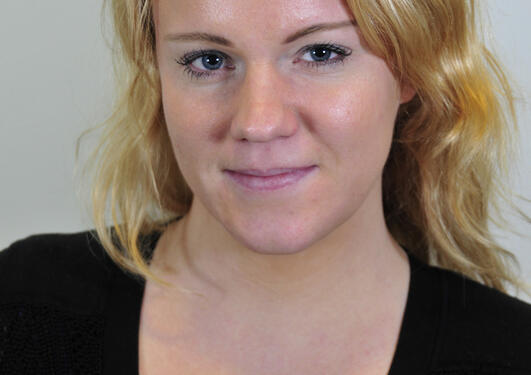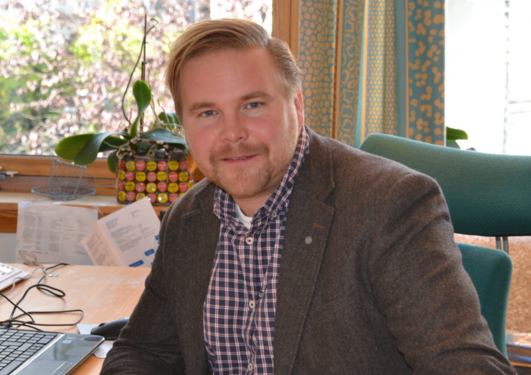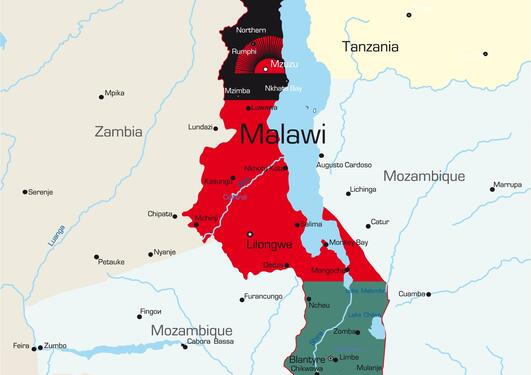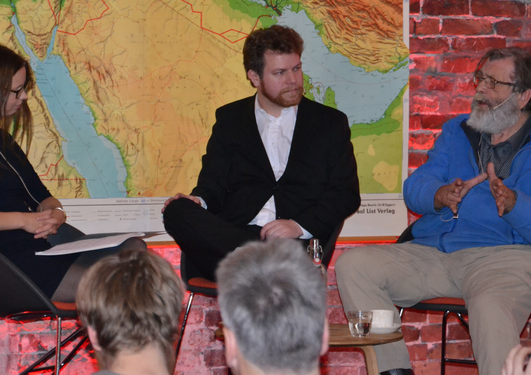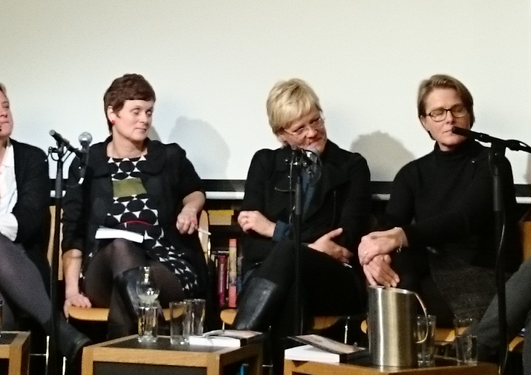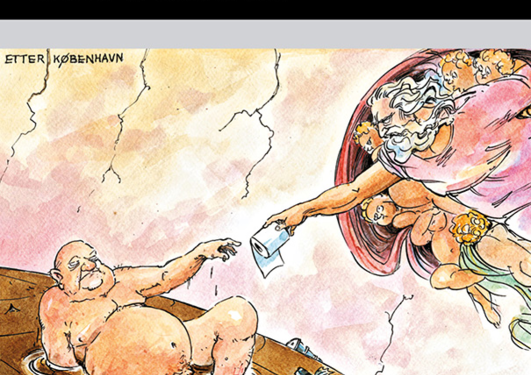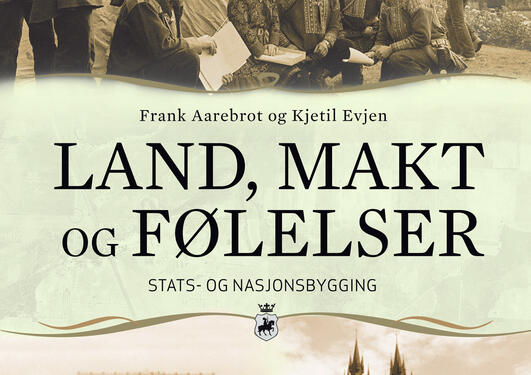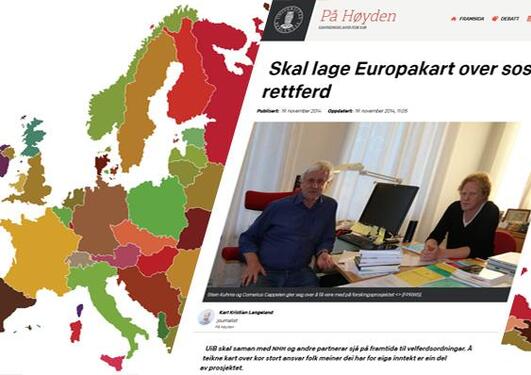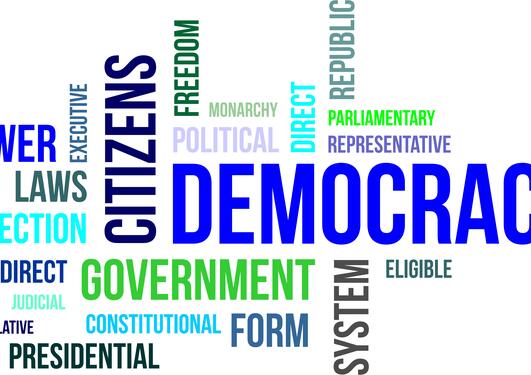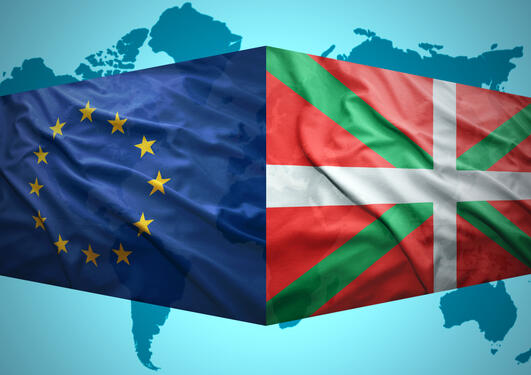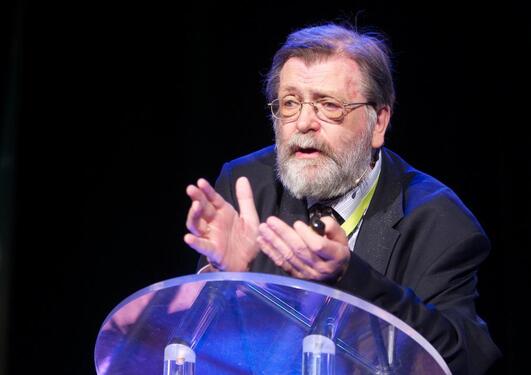News archive for Department of Comparative Politics
In the spring semester 2015 the Department of comparative politics offer a new course titled SAMPOL 208: The Commercialization of Security in Peace and Conflict.
Post-doctor Gyda Marås Sindre has received a mobility grant co-funded by the EU (The Marie Curie Fellowship) and the The Norwegian Research Council. Sindre will study post-conflict political parties.
Professor Siri Gloppen and colleagues study the nature and effects of the juridification of welfare policy in a new edited volume published by Edward Elgar Publishing. Post-doctor Cornelius Cappelen and Professor Lise Rakner contribute chapters.
Visiting scholar Stefan Dahlberg finds in a new article that transitions in issue ownership are fairly common – more common than usually believed – but that the frequency of these transitions largely depends on the precise definition being used. The article is published in Scandinavian Political Studies and is co-authored by Love Christensen and Johan Martinsson.
Professor Lars Svåsand finds in a new article that flawed party regulation has contributed to a deinstitutionalization of the Malawian party system. The article is published in International Political Science Review.
Marybel Perez presents her dissertation 02. December 2014 for the degree of PhD at the University of Bergen: ‘The European Union’s socialising institutions. The role of EU think tanks in EU policymaking’.
Upon an initiative by Professor Stein Kuhnle and Norwegian Social Science Data Services Director Bjørn Henrichsen, author Arild Stubhaug has begun writing the official biography of comparative politics co-founder Stein Rokkan.
Professor Frank Aarebrot and research assistant Kjetil Evjen’s 'Land, makt og følelser' was launched 28. November at Litteraturhuset in Bergen. The book collects Aarebrot’s decades-spanning lectures on European state and nation-building.
CICERO-Director Kristin Halvorsen and Friends of the Earth Norway Leader Lars Haltbrekken joined editors Elisabeth Eide, Siri Gloppen and Lise Rakner to discuss their new edited volume ‘Klima, medier og politikk’.
Professors Siri Gloppen and Lise Rakner have co-edited "Klima, medier og politikk", a book that addresses energy politics discourse with particular emphasis on Norway as a petroleum producer. Elisabeth Eide and Dag Elgsem are co-editors.
Professor Frank Aarebrot and research assistant Kjetil Evjen recently published a new introductory-level text book on European state and nation-building, based on Aarebrot’s lectures.
Postdoctor Yvette Peters finds in a new publication that more affluent citizens influence public policy more than poorer ones, and that differences in turnout partially explains it. The article is published in West European Politics and is co-authored by Sander J. Ensink.
The project seeks to ascertain how much personal responsibility citizens believe they have for their own income. Professors Stein Kuhnle, Siri Gloppen, and post-doc Cornelius Cappelen represent the Department of Comparative Politics in the project.
Jonas Linde and Stefan Dahlberg find in a new article that political representation and government performance matter for satisfaction with democracy. The former is most significant in established democracies, the latter in new democracies. The article is written together with Sören Holmberg.
Associate Professor Michaël Tatham says to Norwegian newspaper Klar Tale that even if certain regions in Europe were to become independent, close relations to the parent state and the EU would be maintained.
World-leading experts on survey-based research methods were among the participants at the 2014 Norwegian Citizen Panel Conference in Bergen, November 6th and 7th. Researchers met to share and discuss experiences with the use of survey-based research methods.
Professor Frank Aarebrot of the Department of Comparative Politics has won the Norwegian Research Council’s 2014 Award for Excellence in Communication of Science. It comprises a cash prize of NOK 250 000.
Professor Jonas Linde of the Department of Comparative Politics and colleagues have received a 9,2 million SEK research grant from The Swedish Research Council to study language effects in surveys.
Pages
- February 2024 (1)
- January 2024 (3)
- November 2023 (1)
- October 2023 (2)
- September 2023 (2)
- August 2023 (1)
- May 2023 (1)
- April 2023 (1)
- March 2023 (1)
- February 2023 (1)
- November 2022 (1)
- October 2022 (3)
- September 2022 (1)
- August 2022 (2)
- May 2022 (4)
- April 2022 (2)
- March 2022 (1)
- January 2022 (6)
- August 2021 (2)
- June 2021 (3)
- May 2021 (2)
- March 2021 (1)
- December 2020 (1)
- October 2020 (1)
- September 2020 (1)
- August 2020 (1)
- April 2020 (1)
- March 2020 (1)
- January 2020 (1)
- October 2019 (1)
- May 2019 (1)
- October 2018 (4)
- September 2018 (2)
- August 2018 (1)
- July 2018 (1)
- May 2018 (4)
- April 2018 (1)
- March 2018 (1)
- February 2018 (1)
- January 2018 (4)
- December 2017 (2)
- November 2017 (3)
- October 2017 (4)
- September 2017 (5)
- August 2017 (2)
- June 2017 (3)
- May 2017 (5)
- April 2017 (3)
- March 2017 (3)
- February 2017 (2)
- January 2017 (4)
- December 2016 (2)
- November 2016 (3)
- October 2016 (3)
- September 2016 (5)
- August 2016 (3)
- July 2016 (3)
- June 2016 (9)
- May 2016 (2)
- April 2016 (3)
- March 2016 (2)
- February 2016 (3)
- January 2016 (2)
- December 2015 (1)
- September 2015 (4)
- August 2015 (2)
- June 2015 (1)
- May 2015 (4)
- April 2015 (2)
- February 2015 (1)
- December 2014 (8)
- November 2014 (10)
- October 2014 (10)
- September 2014 (8)
- August 2014 (6)
- June 2014 (2)
- May 2014 (5)
- April 2014 (7)
- March 2014 (2)
- October 2013 (1)
- September 2013 (1)
- April 2013 (1)
- January 2013 (2)
- October 2012 (3)
- September 2012 (1)
- August 2012 (1)
- April 2012 (2)
- February 2012 (1)
- September 2011 (2)
- August 2011 (4)
- May 2011 (1)
- September 2010 (1)
- November 2009 (2)

